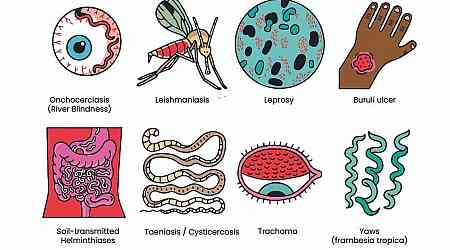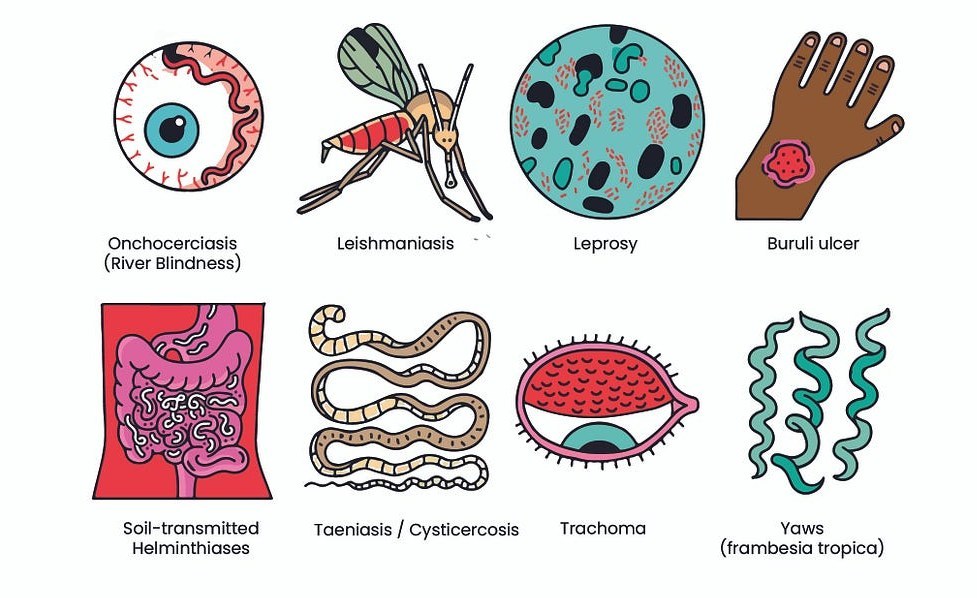Kenya topped Africa's medal tally at the 2024 Paris Olympics, as the east African country did at the last two games in 2020 and 2016. Kenya is a dominant force particularly because of the success of its middle-distance and long-distance runners.
However, these games also revealed issues and developments that need to be debated in order to inform preparations for the next games in Los Angeles in 2028. These include the rise of women runners, fewer returns on men's distance events and a need to diversify at a development level to meet the growing competitiveness from rival nations.
Kenya came in at 17th place on the medals table (winning four gold, two silver and five bronze). The nearest African countries were Algeria in 39th (two gold and one bronze) and South Africa in 44th (one gold, three silver and two bronze). Kenya ranked second behind the US in track and field events.
But, while Kenya performed better in Paris than in Tokyo in 2020 (where they placed 19th with ten medals) they also performed worse than in Rio in 2016 (finishing 15th with 13 medals). And the medals race is becoming increasingly competitive.
Read more: Faith Kipyegon has made Olympic history - what Kenya needs to do to keep producing athletes like her
Out of 203 countries and one Refugee Olympic Team competing, only 91 (44.8%) earned a medal. Of 54 African countries only 12 did (22.2%). In total Africa won 39 medals, up from 37 in Tokyo but fewer than the 45 won in Rio and short of the target of 50 set by the African Union. Even Nigeria, with Africa's largest population, failed to win a medal.
As a scholar of east African sport, I have followed Kenya's performance at the Olympics for decades. While there is much to be celebrated in 2024, there are also clear signs of what the country must focus on if it wants to remain dominant at the next games. So here is a list of what's going right, what's going wrong and what needs attention.
1. Women rescue Kenya's image
In a patriarchal society, Kenya's women have been in men's shadows for a long time. However, at the Paris Olympics, Team Kenya's women won seven medals while the men won four. This is the first time since the country began winning medals at the Olympics in 1964 that women have outshone men.
Kenya's stars were Faith Kipyegon, with gold in the 1,500 metre event and silver in 5,000 metres, and Beatrice Chebet with gold over both 5,000 metre and 10,000 metre distances. Kenya's women won medals in each distance from 800 metres to the marathon. This is a signal to the technocrats in Kenya and Athletics Kenya that there should be a shift in investment and team selection priorities that foregrounds the inclusion and promotion of more women athletes, coaches and decision-makers.
2. All ethnic groups can win medals
Since 1968, a Kalenjin male runner has won gold for Kenya at every Olympics. This Kenyan ethnic group is famous for producing endurance athletes. But in 2024 the illustrious record was halted. Instead, Emmanuel Wanyonyi from the Bukusu sub-ethnic group of the Luhya (traditionally better known for producing football, rugby, basketball and volleyball players) emerged as the sole Kenyan men's gold medallist. The 20-year-old won the 800 metres, maintaining the country's stranglehold on that event ever since the 2008 games. Wanyonyi's emergence shows that there is talent beyond and outside the Kalenjins and Athletics Kenya should invest in finding it.
3. Sprinters outmatched
Kenya's 100 metre sprinter Ferdinand Omanyala was a gold medal favourite heading to Paris - he'd clocked 10.79 seconds, a time fast enough to win the final. However, as has happened in the last few years on the global stage, Omanyala was made to look ordinary in the end. However, Letsile Tebogo of Botswana winning gold in the 200 metres and South Africa Africa taking silver in the 4x100 metre relay sprint shows that Africa can truly compete in sprint events. It is important that Kenya nurtures more sprinters and diversify beyond distance running.
4. Team events need major work
Kenya participated in rugby sevens and women's volleyball in Paris. Neither side had a good outing. While they are top dogs in these two disciplines in Africa, they are overwhelmed at a global level, especially at the Olympics. It's time for Kenya to take a more innovative approach. It is no longer about participation but also about winning.
While the 2028 LA Olympics will include new or returning sports like squash, cricket and flag football, hopes for Kenya outside track and field still rest in individual sports like boxing. Kenya will need to up its team game.
5. A post-Kipchoge era
The Paris Olympics saw the curtain come down on the illustrious career of distance runner Eliud Kipchoge. After he won 5,000 metres bronze in 2004, 5,000 metres silver in 2008 and marathon gold in 2016 and 2020, a prospect for another gold in 2024 looked too enticing to pass over.
Read more: Kipchoge's marathon success remains a mystery: some clues from my research
Reality hit when the runner had to exit the race midway. A humble ending to an otherwise glittering career that spans two decades.
The emergence of the youthful Chebet and Wanyonyi augurs well for continued Kenyan dominance in distance running. But there is a need to identify talent early, nurture it and fulfil its potential. This will mean exposing youngsters to specialised coaching, cutting edge training and access to international competitions. And, as Wanyonyi demonstrates, the talent search should be cast beyond the traditional geographical and cultural catchment areas.
Wycliffe W. Njororai Simiyu, Professor and Chair of Kinesiology and Health Science, Stephen F. Austin State University

































